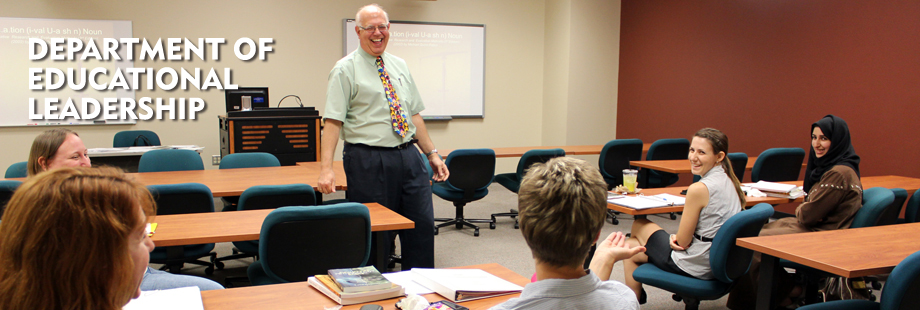Document Type
Conference Paper
Publication Date
1996
Publication Source
A System of Care for Children's Mental Health: Expanding the Research
Abstract
It has become apparent over the past ten years that the role of the family has been identified as an increasingly significant variable with regard to adolescent suicide. Some authors go as far as to say that "family related factors appear to be, very little information is available about the family characteristics of youths that kill themselves. Furthermore, family characteristics of youths who attempt suicide are often described as a side feature of investigations of other factors, and these generally focus on the family characteristics only after an attempt has occurred. Little is known about those family factors that are precursors to the suicide attempt or about the mechanisms underlying "the relation of family characteristics and social supports to youth suicidal behavior" (Pfeffer, 1989).
Most studies that have attempted to elucidate underlying mechanisms have focused on constructs such as family communication, emeshment, cohesion, flexibility, affective involvement, affective responsiveness, behavioral control, roles, and problem solving. Concurrent with the family research on adolescent suicide, a separate body of literature has developed which focuses on adolescent coping skills and their relation to adolescent suicide. These studies suggest that adolescent coping skills are beneficial in therapy situations involving suicide ideation and attempts (Orbach & Bar-Joseph, 1993). It is reasonable to assume that these skills are shaped, in part, by the adolescent's experiences within the family context. Other investigators have suggested that family therapy is an appropriate treatment modality for adolescents at risk for suicide (Berman & Jobes, 1992; Richman, 1986). A logical next step is to investigate the family's impact on adolescent coping skills and to identify potential family interventions focused on expanding the adolescent's coping repertoire.
Inclusive pages
327-332
Document Version
Published Version
Copyright
Copyright © 1996, University of South Florida
Publisher
University of South Florida
Place of Publication
Tampa, FL
Peer Reviewed
yes
eCommons Citation
Bobner, Ronald F.; Weis, David M.; Ridenour, Carolyn; Smith, Pam Gulley; Kormos, Kathy; and Lanpher, Ben E., "Adolescent Suicide: The Implication of Coping, Family Functioning and Their Interactions for Prevention and Intervention" (1996). Educational Leadership Faculty Publications. 86.
https://ecommons.udayton.edu/eda_fac_pub/86
Included in
Applied Behavior Analysis Commons, Child Psychology Commons, Educational Assessment, Evaluation, and Research Commons, Educational Leadership Commons, Pain Management Commons




Comments
This document is provided for download by permission of the publisher. Permission documentation is on file.
This paper was presented at the 8th Annual Research & Training Center Conference.